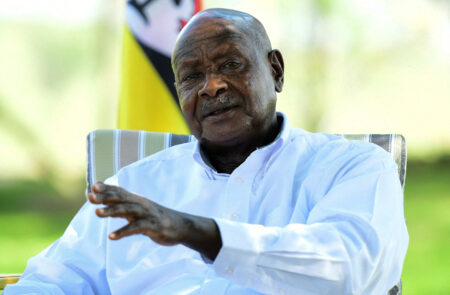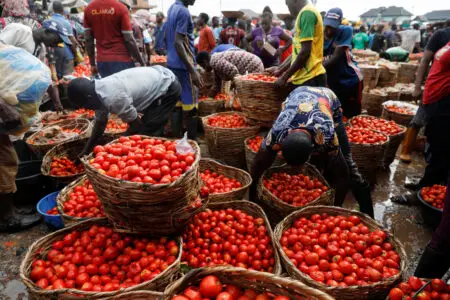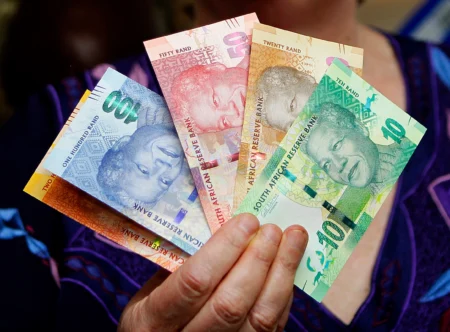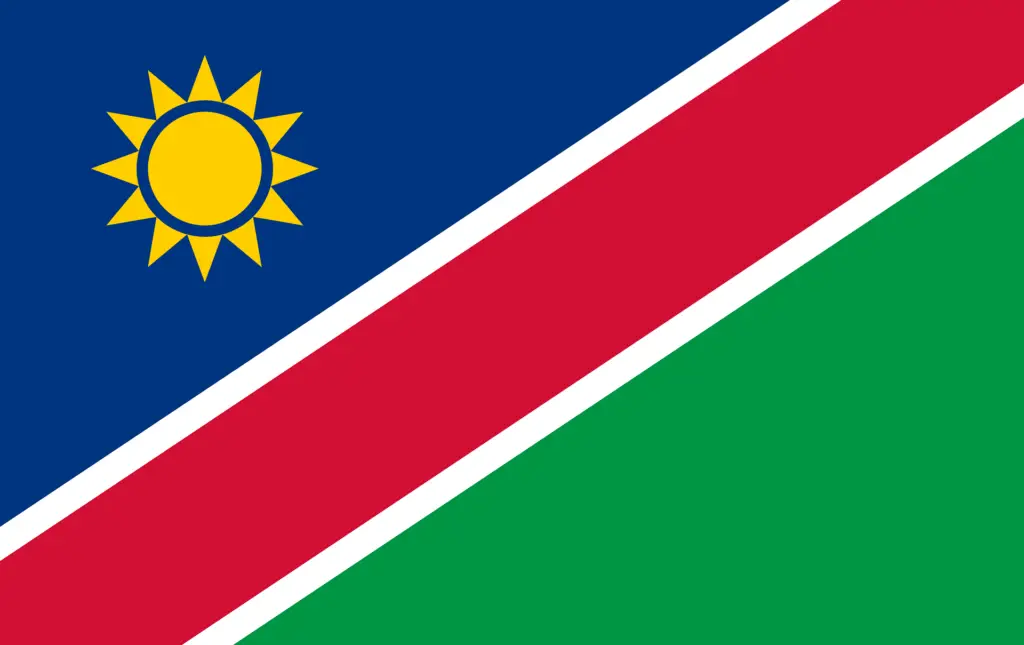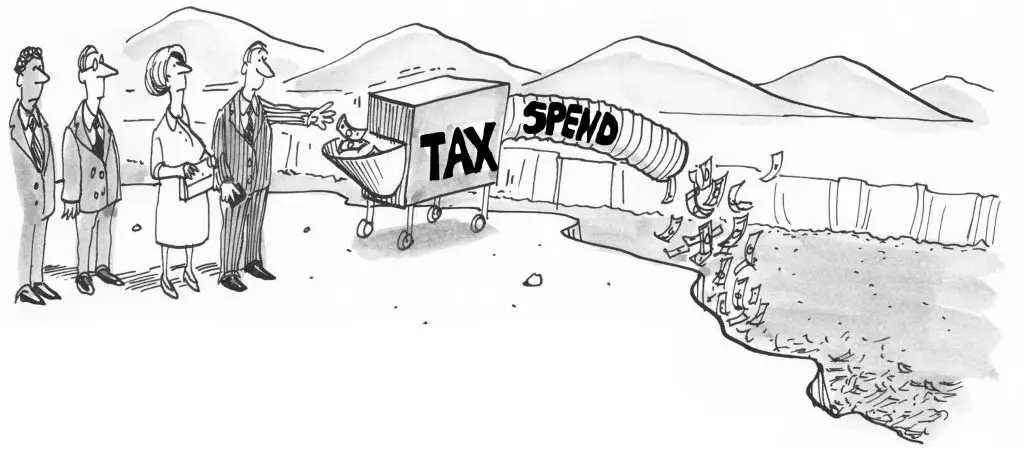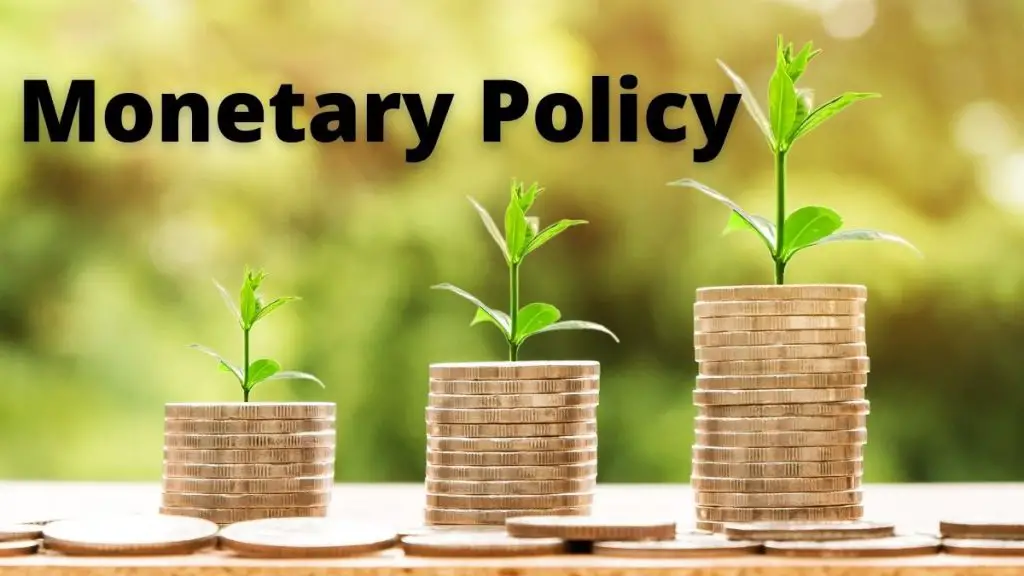- Africa’s new dawn: the rising role of digital and AI in agriculture
- Can Dangote Refinery Transform Africa Energy Ambition
- Gallup Survey: 80 per cent of Kenyan Workers Are Disengaged and Seek New Opportunities
- Madagascar Man Freed from 5KG Tumor After 15-Year Struggle
- How women in Africa are perceived and treated
- Sugar consumption in Kenya to Increase to 1.23 Million Tonnes
- Can Somalia and Turkey Oil deal Bring Change in Somaliland
- Remittances to Kenya dropped to $371.6 million in June, marking a six month low
Browsing: Monetary Policy
- The Central Bank of Nigeria has decided to increase the minimum capital requirement for lenders to bolster the country’s economy.
- Nigerian banks now face weaker capital ratios and higher impaired loans.
- The last time Nigeria recapitalised its banking sector dates back to 2004.
Minimum capital requirement for lenders
Following the surge in inflation levels, a deteriorating economy, and the plummeting of the Naira, the CBN has decided to increase the minimum capital requirement for lenders to bolster the country’s economy.
asu football jersey
detroit lions jersey
asu football jersey
Florida state seminars jerseys
custom made football jerseys
asu football jersey
College Football Jerseys
Florida state seminars jerseys
asu football jersey
Iowa State Football Uniforms
asu football jersey
Iowa State Football Uniforms
ohio state jersey
asu football jersey
Under the new regulations, the Central Bank of Nigeria has raised the capital threshold for international banks to $359 million …
- The IMF has issued Uganda $120 million as part of its Extended Credit Facility (ECF) Arrangement to aid recovery.
- Total disbursement to Uganda under the ECF Arrangement now reaches $870 million.
- IMF urges Uganda to give its Central Bank independence
Kampala is set to receive $120 million as part of its Extended Credit Facility (ECF) Arrangement with the International Monetary Fund (IMF) to aid Uganda’s economic recovery amidst various challenges, including backlash due to a harsh anti-LGBTQ law.
The IMF executive board has approved immediate disbursement of the said amount after the conclusion of its fifth review of Uganda’s ECF Arrangement. “This brings the aggregate disbursement under the ECF Arrangement to about $870 million,” the IMF note says in part.
Uganda qualified for about $1 billion under the ECF Arrangement as of June 2021, which is now distributed in part every other year.
IMF loan to aid Uganda’s economic recovery
…- Non-performing loans in Kenya surged to a 16-year high of 15 per cent in August 2023.
- The Kenya Bankers Association had called for further monetary policy tightening by the CBK, terming it a cure to elevated non-performing loans.
- According to the CBK data, forex pressure cut lending to the private sector to 8.3 per cent during the review period.
The banking sector regulator has said that Kenya’s private sector players resorted to alternative funding sources to avoid the high lending rates, leading to a drop in non-performing loans during the holiday season.
The continued surge in bank interest rates has hit individuals and businesses hard on the back of the Central Bank of Kenya’s (CBK) elevated benchmark interest rate. This has happened thrice since Governor Kamau Thugge took office, citing the need to support the country’s struggling shilling.
On Tuesday this week, the Central Bank of Kenya increased the benchmark …
- Nigeria’s inflation rate has remained high for the past 9 years, way before COVID-19 and the disruptions it imposed.
- Experts have argued that Nigeria’s inflation results from excess money supply in the economic system chasing too few goods.
- Nigeria’s inflation climbed to a new 18-year high in November, matching a record level last seen in 2005.
In 2021, the global economy experienced an inflation surge. This was the first time in many decades that inflation hit double digits in most developed and emerging economies. In the United States, inflation peaked at 9.1 per cent in July 2022, the highest in 40 years.
Such high levels of inflation were unusual and uncomfortable, and the Central Banks in the affected countries tackled it ruthlessly. The applied policy actions paid off and inflation has been moderating fast.
However, what obtains in Nigeria paints a starkly different image from what the rest of the …
In the last 20 years, Africa’s external debt has grown fivefold to about $700 billion. According to Chatham House, a policy centre in London, Chinese lenders account for about 12 per cent of that amount. As of November 2022, the International Monetary Fund (IMF) and the World Bank considered 22 low-income African countries to either be in debt distress or facing potential external debt distress.…
- The Reserve Bank of Zimbabwe last month began to loosen the tight monetary policy it had in place over the last 2 years to act against inflation.
- The hawkish stance of the central bank began to change when the RBZ announced that it would reduce interest rates by 50% to 150%.
- Zimbabwe’s central bank’s hawkish stance has resulted in a weakening economy and rising unemployment.
The Reserve Bank of Zimbabwe held the global record for highest interest rates, reaching a staggering 200%. The central bank has lowered this to 150% on the grounds that the inflationary conditions that required the significant increase have subsided. As is typical with hawkish monetary policy approaches, Zimbabwe’s central bank’s hawkish stance has resulted in a weakening economy and rising unemployment.
On 3 February 2023, the Zimbabwean monetary authorities issued the country’s first Monetary Policy Statement via the central bank. Twice a year, the Reserve …
The Kwacha is the official currency of Zambia. The country’s foreign exchange rate remained unsettled for a very long time. However, Zambia has made substantial steps in recent years to strengthen its currency through economic measures and foreign support.
Zambia has set an example for other African nations by efficiently controlling its currency. While facing numerous economic issues, such as a drop in copper prices and a large debt, the Kwacha exchange rate has remained reasonably constant.…
Namibia has made progress on structural changes to foster economic diversification and boost productivity. Improving the business environment, promoting access to capital, improving governance, and decreasing skills mismatches are crucial for stimulating growth and achieving long-term debt sustainability.…
Countries must continue to work to mitigate their vulnerabilities over time. This involves minimizing balance-sheet misalignments, establishing money and foreign exchange markets, and lowering exchange rate passthrough by increasing monetary policy credibility.
However, in the short term—while vulnerabilities remain high—the use of extra instruments may assist relieve short-term policy trade-offs when certain shocks occur. In particular, foreign exchange intervention, macroprudential policy measures, and capital flow controls may help increase monetary and fiscal policy autonomy, promote financial and price stability, and minimize output volatility if reserves are enough and these instruments are available.…
Changes in monetary policy may have a substantial influence on all asset classes. However, by understanding the subtleties of monetary policy, investors may position their portfolios to profit from policy shifts and increase returns.…






